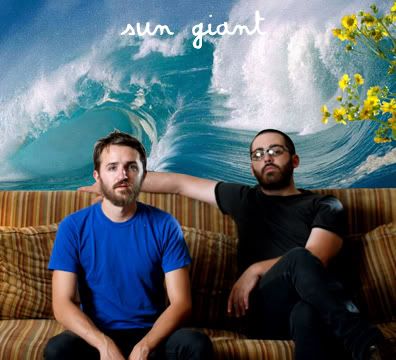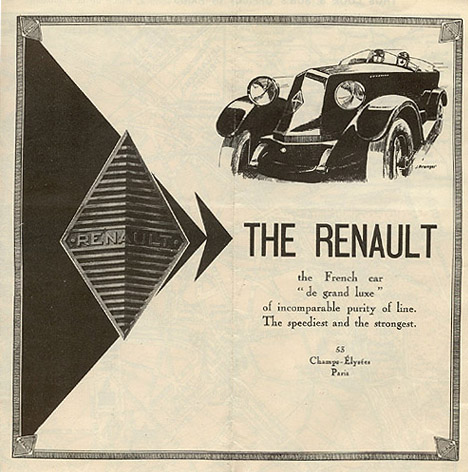There we were, stranded in Timimoun, car barely operational and a long, long bus ride through the early morning Sahara ahead of us. We had gone to the mechanic, who told us he couldn’t fix the car, had come back to the White Sisters’ place expecting to pack up and go, ran into the handyman who was fixing the pipes, he took us to his buddy who is a mechanic, they played around with the car, I road in the oldest Renault on the road (it shifted from the middle of the dashboard, a lever pointing straight out between the driver and passenger), and we ended up by leaving the car there with the news that they would have to send a chunk of the engine by plane to Algiers.

Thankfully, before Jean could get too stuck on the idea of taking the bus at some ungodly hour in the morning, we managed to convince him that the taxi collectif would be a much better idea, and that Marek and I could pay for it. So we found a taxi and hired it to Beni Abbes. It cost us about $60 for 6000km. Probably not too bad (but really, how would I know?)

We bid farewell to the Soeurs and dusty Timimoun and hit the road. At one point, in the middle of the desert with nothing around our driver started slowing down. He kept slowing and pulled to the side of the road, all without a word. In the distance I could see a truckload of his buddies driving over to beat, rob, and leave us exposed to wither and waste away in the desert...but it was just a mirage, you know how those things tend to happen in the desert. Really he was just pulling over to pray. He took his rug out, found a spot off the road and made his afternoon prayers.

After the most intense security check outside of an American airport we were let into Beni Abbes. The town is built on a river that flows from Morocco, and it was actually filled with moving water. It is a true desert oasis, right on the frontier between the “rock” desert and the “sand” desert. Climb a high dune near town and you can look forever east over the dunes, then turn west and see the river recede greenly into the rocks.

Well, I stayed there among the dunes and rocks and monks and ghost of Charles de Foucauld for a week or so. Marek started his Arabic lessons. Jean went back to Timimoun to wait on the car.



And I saw this:

Eventually I got a call from Jean that the car was going to take at least “many more days,” and took the opportunity to find a bus. That bus left at 5 in the morning and stopped at a cruddy little (but slightly bigger) town called Bechar where I had to find a new bus to Algiers. That bus left at 4pm. It took 16 hours. Don’t let any romantic notions about seeing the countryside or meeting the locals creep into that head of yours. Sixteen hours on an overnight bus is an uncomfortable sit among equally uncomfortable, angry strangers.

And that concluded it. I got a taxi ride home with the Angriest Man in Algiers; was momentarily locked out of the Glycines; took a long, hot shower; and went to sleep.


























